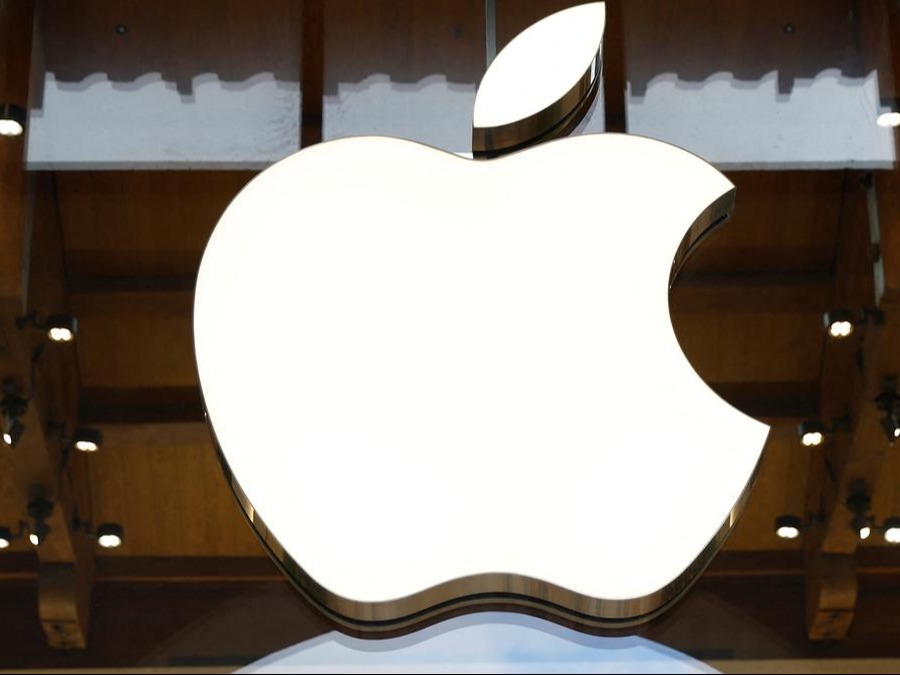Apple Is Lobbying The Indian Government To Amend Income Tax Laws That Currently Discourage Direct Ownership Of iPhone-Making Machines Used By Contract Manufacturers. The Move Aims To Streamline Manufacturing Expansion, Reduce Tax Risk, And Strengthen India’s Role As A Global iPhone Production Hub.
Apple Seeks Policy Shift To Boost Local Manufacturing
Apple Inc. is actively lobbying the Indian government to revise income tax regulations that impact its ability to own iPhone-making machinery used by contract manufacturers. Under current laws, direct ownership of such equipment could expose Apple to tax liabilities in India, even if the actual manufacturing is outsourced. The company is advocating for legal clarity to ensure that owning production assets does not trigger permanent establishment status or additional tax burdens.
This push aligns with Apple’s broader strategy to expand its manufacturing footprint in India, which has become its second-largest iPhone production hub after China. The company’s goal is to make India a central pillar in its global supply chain, especially as geopolitical tensions and diversification needs reshape production strategies.
Strategic implications for India’s tech ecosystem
Apple’s request is part of a larger effort to make India more attractive for high-tech manufacturing. By enabling foreign companies to own production assets without tax complications, India could unlock billions in investment, create jobs, and enhance its position in the global electronics market.
Key Developments And Insights
- Apple is lobbying for changes to India’s income tax law to allow ownership of manufacturing equipment without triggering tax risk
- The company wants to avoid being classified as having a permanent establishment in India due to asset ownership
- India has already offered tax incentives to Apple to boost local iPhone production
- Apple’s iPhone 17 range is now fully manufactured in India, with 78 percent of units exported to the US in H1 2025
- Experts believe the move could reduce tax leakage and improve supply chain efficiency
Outlook For Policy And Industry Impact
If successful, Apple’s lobbying could pave the way for other global tech firms to invest more freely in Indian manufacturing. The proposed changes would align with India’s ‘Make in India’ initiative and support its ambition to become a high-tech export powerhouse. The outcome of these discussions could significantly influence future foreign direct investment in the electronics sector.
Sources: Zee News, UMA Technology, 9to5Mac

